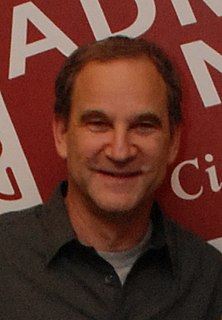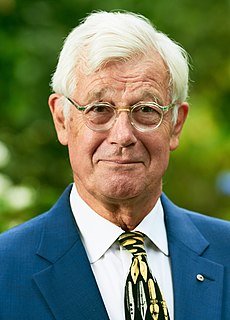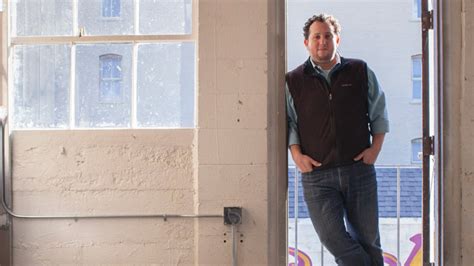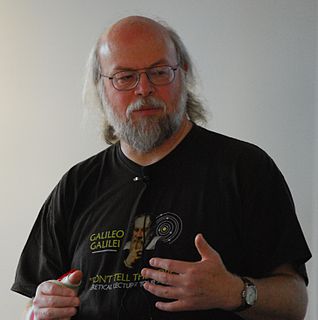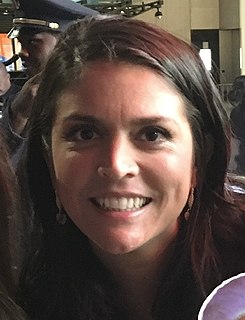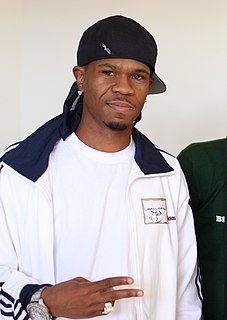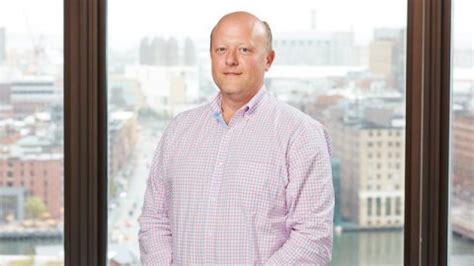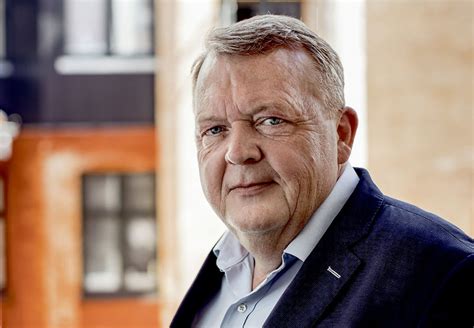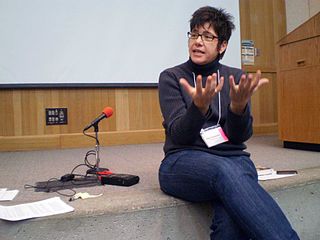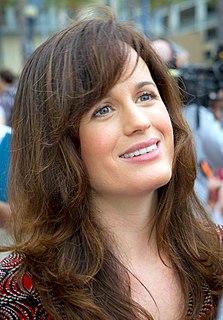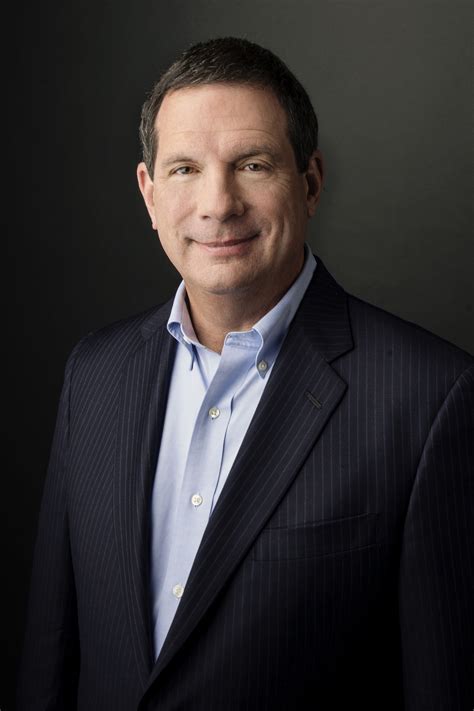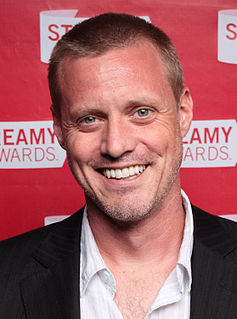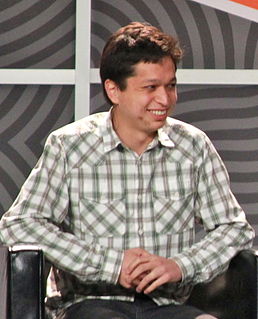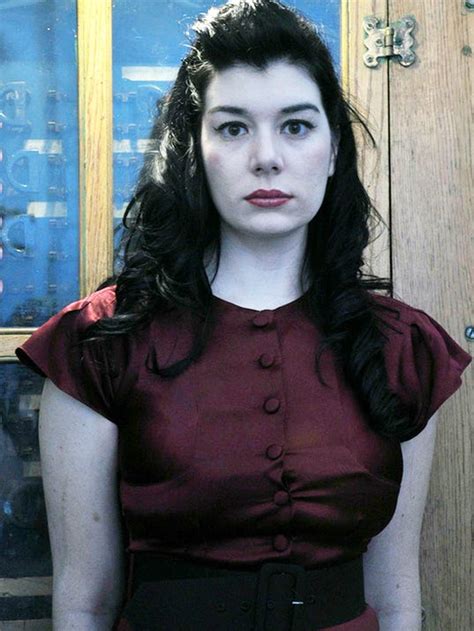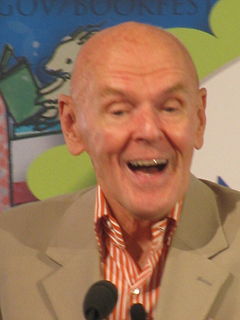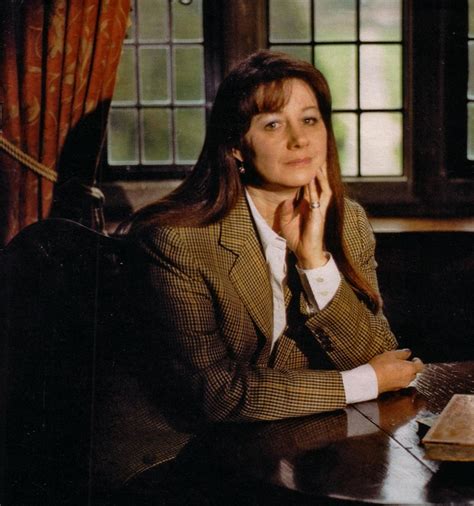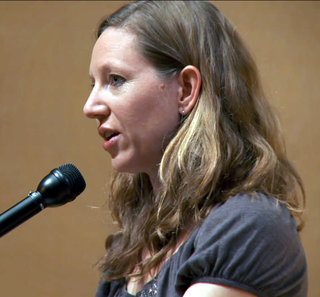Top 1200 Google Maps Quotes & Sayings - Page 20
Explore popular Google Maps quotes.
Last updated on April 17, 2025.
Living in cities is an art, and we need the vocabulary of art, of style, to describe the peculiar relationship between man and material that exists in the continual creative play of urban living. The city as we imagine it, then, soft city of illusion, myth, aspiration, and nightmare, is as real, maybe more real, than the hard city one can locate on maps in statistics, in monographs on urban sociology and demography and architecture.
Human language has a vocabulary suited to our daily needs and functions: the shape of any human language maps approximately to the needs and activities of our mundane lives. But few would deny that there is another dimension of human existence which transcends the mundane: call it the soul, the spirit: it is that part of the human frame which sees the shimmer of the numinous.
There was this very deliberate move to just overlay an American reality in Iraq. I've never actually seen the map, but apparently Americans thought the names of places were just too complicated so they got decent maps of Baghdad and just renamed everything with familiar names. This neighborhood would be Hollywood, that neighborhood would be Manhattan, and that one's Madison, you're going to drive down Oak and take a left on Main Street.
Explore me' you said and I collected my ropes, flasks and maps, expecting to be back home soon. I dropped into the mass of you and I cannot find the way out. Sometimes I think I’m free, coughed up like Jonah from the whale, but then I turn a corner and recognise myself again. Myself in your skin, myself lodged in your bones, myself floating in the cavities that decorate every surgeon’s wall. That is how I know you. You are what I know.
In a sense, Open City is a kind of Wunderkammer, one of those little rooms assembled with bric-a-brac by Renaissance scholars. I don't mean it as a term of praise: these cabinets of curiousities contained specific sorts of objects - maps, skulls (as memento mori), works of art, stuffed animals, natural history samples, and books - and Open City actually contains many of the same sort of objects. So, I don't think it's as simple as literary inclusiveness.
I still run into people who loved Wave - who thought it was the best ever and can't believe that Google canceled it. And whenever that happens, it's like I'm looking at a mirror-image of myself: someone who is similar to myself in skill, experience, and profession. And that's just not a mass market.
Although prison officials have long battled illegal cellphones, smartphones have changed the game. With Internet access, a prisoner can call up phone directories, maps and photographs for criminal purposes, corrections officials and prison security experts say. Gang violence and drug trafficking, they say, are increasingly being orchestrated online, allowing inmates to keep up criminal behavior even as they serve time.
Gods, religions and national boundaries are absolutely imaginary. They don't tend to exist. As soon as you pull back half a mile and look down at the Earth there are no national boundaries. There aren't even national boundaries when you get down and walk around. They're just imaginary lines we draw on maps. I just get fascinated by people who assume that things that are imaginary have no relevance to their lives.
September 11 We thought we'd outdistanced history Told our children it was nowhere near; Even when history struck Columbine, It didn't happen here. We took down the maps in the classroom, And when they were safely furled, We told the young what they wanted to hear, That they were immune from a menacing world. But history isn't a folded-up map, Or an unread textbook tome; Now we know history's a fireman's child Waiting at home alone.
There's that layering of selves that we can have with someone else across a long relationship. I go to the baths, the Korean spa. I love looking at the maps of people's bodies. The women have so many mastectomy scars and ectopic pregnancy scars and stretch marks, and all these things are amazing and wondrous to me. I guess I find it stranger not to attend to flux than to attend to it. But in a relationship it's also scary - you don't know where you're going to end up when you go through change.




